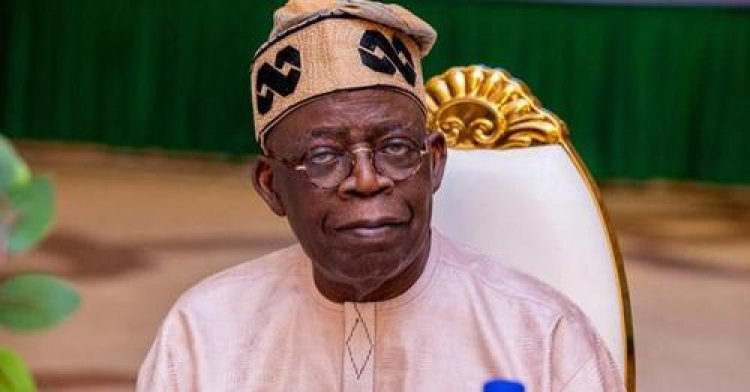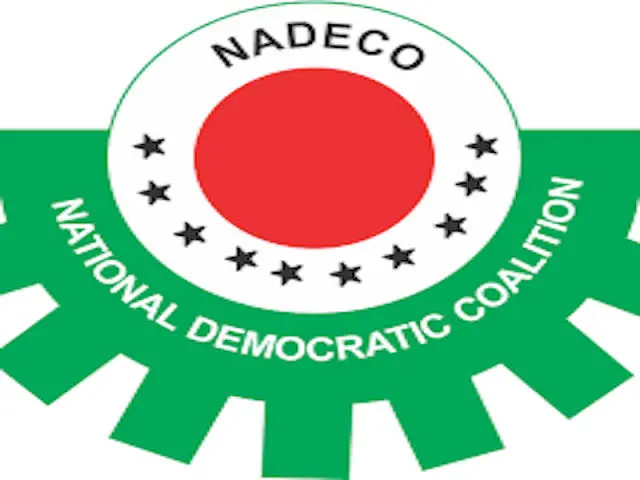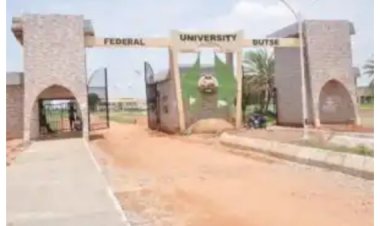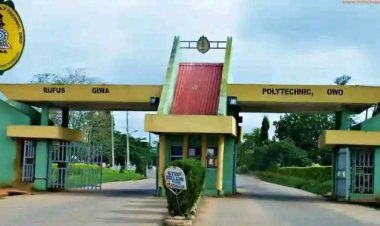National Democratic Coalition Disputes BBC Report on President Bola Tinubu's Academic Records
National Democratic Coalition, has raised concerns and objections regarding a recent report by the British Broadcasting Corporation (BBC) that scrutinized the academic records of Nigerian President Bola Tinubu. The report has stirred a significant amount of controversy and debate within the country.

National Democratic Coalition, has raised concerns and objections regarding a recent report by the British Broadcasting Corporation (BBC) that scrutinized the academic records of Nigerian President Bola Tinubu. The report has stirred a significant amount of controversy and debate within the country.
The BBC report delved into the academic records of President Bola Tinubu, attempting to shed light on his educational background, particularly his time at Chicago State University. According to the report, there were questions surrounding the authenticity of the president's academic records and whether he had accurately represented his qualifications. The National Democratic Coalition (NDC) has emerged as a vocal critic of this report, highlighting several points of contention. The NDC contends that the report's timing, tone, and focus appear to be politically motivated, raising questions about the journalistic integrity and impartiality of the BBC.

READ ALSO: From Cleaner to Graduate - The Inspiring Journey of a Future Nurse
The NDC emphasizes that President Bola Tinubu is a prominent political figure and has been a central figure in Nigeria's political landscape for several years. His academic qualifications have been scrutinized in the past, and thus, the timing of this report raises eyebrows, as it coincides with the approaching election season in Nigeria. Furthermore, the NDC questions the tone of the report, arguing that it appears to cast aspersions on the president's integrity without conclusive evidence of wrongdoing. The report acknowledges that the authenticity of President Tinubu's academic records has not been definitively proven or disproven, yet it implies a sense of suspicion around the issue.
The controversy surrounding the BBC's report on President Bola Tinubu's academic records underscores the importance of ethical and responsible journalism. As Nigeria approaches a crucial election season, citizens have a right to demand transparency and accountability from their political leaders. However, it is equally vital that media organizations maintain their credibility by adhering to the principles of fair, accurate, and impartial reporting.

DID YOU MISS: " I and my wife have decided to not buy phone for children until University" Solomon Buchi declares
The NDC's concerns and objections to the BBC report raise valid points about the role of the media in shaping public discourse. In a democratic society, the free press plays a pivotal role in holding leaders accountable and facilitating informed public discussion. Balancing this role with the need for responsible and unbiased reporting is an ongoing challenge that media organizations must navigate. Ultimately, it is essential for all parties involved to engage in respectful and constructive dialogue on this matter. The NDC, the BBC, and the public should strive for a better understanding of the issues at hand and work towards a society where transparency and accountability coexist with fair and impartial journalism.

 peace francis 1
peace francis 1 



